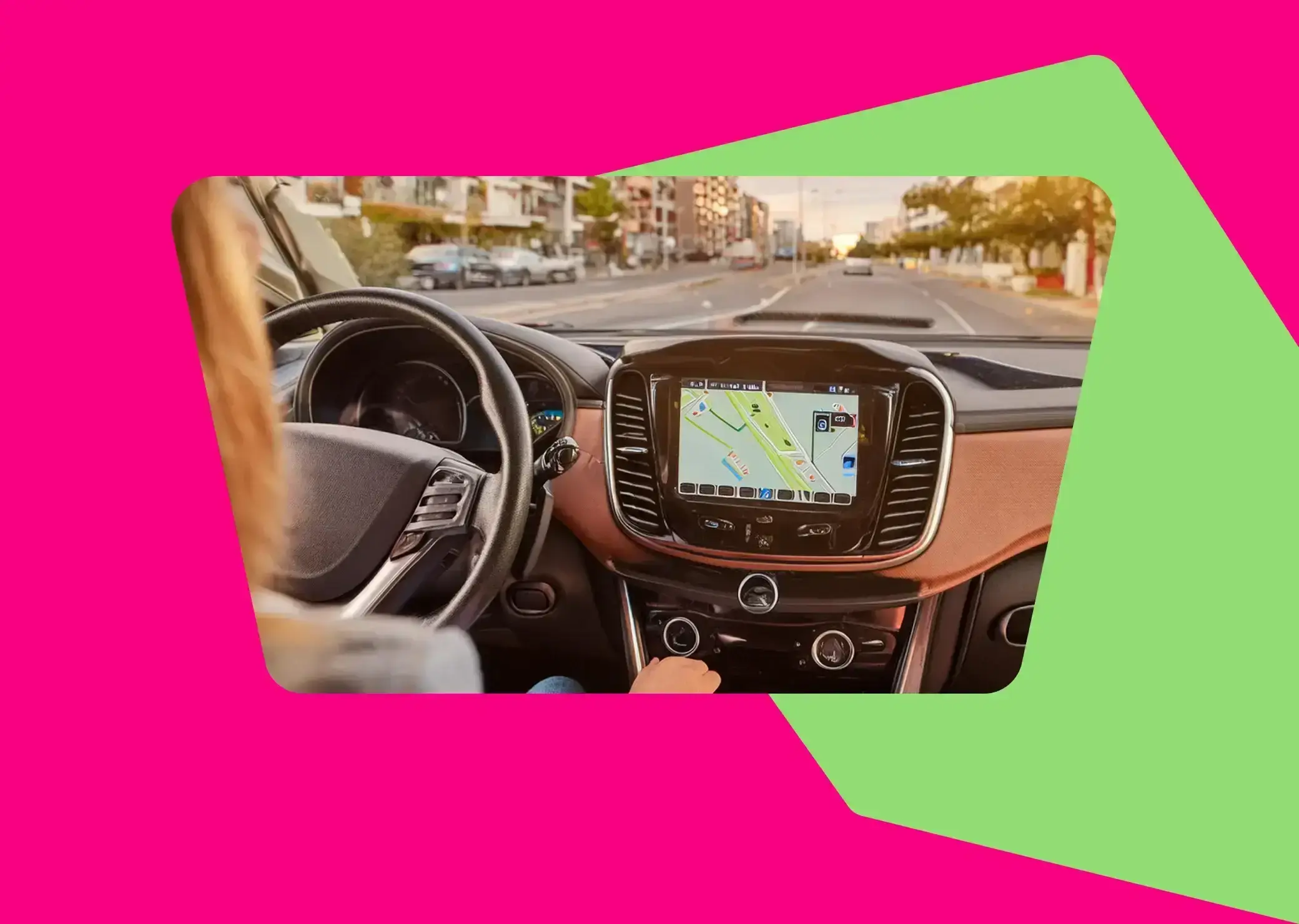- Carmoola
- Blog
- Car Finance
- How much car finance can you afford?
- 🗞 Car Finance
- Last updated: Mar 10, 2022
- 6 Min Read
How much car finance can you afford?
Written by

Verified by


See how much you can borrow in 60 seconds
| Representative Example | |
|---|---|
| Loan amount | £10,000 |
| Interest rate | 13.9% APR |
| 54 payments of | £246 |
| Total cost of credit | £3,284 |
| Option to purchase fee | £1 |
| Total payable | £13,285 |
When it comes to buying a car, your budget is everything. Understanding how much you can comfortably borrow is crucial, as it impacts everything from the car you can drive to the monthly payments you'll need to make. One of the most common questions we hear is, "how much can I afford?" But don’t worry! We’re here to help you figure that out and make sure your car finance options align with your financial situation.
What is affordability?
In the context of car finance, affordability is the amount you can borrow without straining your finances. It determines what type of car you can buy, how much you’ll pay back, and whether you’ll be able to cover all the running costs. When applying for car finance, lenders will assess your affordability to ensure that you’re borrowing within your means and won’t face financial difficulties down the line, so it’s an important part of the approval process.
There are a number of factors that can affect your affordability and monthly repayments, including:
How much you need to borrow
The price of the car, along with its predicted future value, plays the most important role in your repayments.
Your income and outgoings
Simply put, how much disposable income you have after your essentials (rent, bills, debts). The more left over, the more comfortably you can afford monthly payments.
Your credit score
A higher score shows lenders that you're a reliable borrower, potentially unlocking lower interest rates.
Loan term
Car finance agreements typically last between 1 and 6 years. Spreading your payments over a longer term means lower monthly payments, but it could also mean you pay more in interest over time.
Your deposit
A bigger upfront deposit means you’ll need to borrow less, lowering your monthly repayments.
Type of finance
Different car finance options (e.g., PCP vs. HP) offer various payment structures.
How to calculate your budget
The best budgets make managing your money simple, meaning that you can comfortably afford all of your costs, and calculating your finances can give you a quick insight into your affordability.
Your income should be your starting point. Don’t forget to deduct your tax and any other automatic outgoings, like your pension or any student loans. What’s left is your take-home pay, and everything in your budget should add up to less than this figure, giving you a little bit of wiggle room in case of any surprises.
Once you have your take-home amount, you’ll need to identify key areas by adding up the essentials (mortgage or rent payments, bills, and any debt repayments), which are usually fixed amounts. Almost-essentials are next; things that you need, but which fluctuate in costs, like your food shopping. Finally, life’s luxuries. Here’s where your disposable income is usually being spent. These are the costs you could easily cut out if you needed to: your Netflix subscription, or those must-have new trainers, maybe.
Once you’ve totted up all of your outgoings, subtract them from your income to see how much you have left over each month. If your outgoings look too high, have a look at where you can adjust your spending to free up more room in your budget.
Improving your affordability
It is possible to improve your affordability if you need to, without waiting to win the lottery.
Reduce existing debts
Paying down any debts will increase your available disposable income.
Improve your credit score
By making sure you’re on time with payments, keeping your credit utilisation low, and applying for new credit when necessary, you can gradually build your credit rating and potentially lower the amount of interest you’ll pay. We’ve got more credit-boosting tips here.
Save for a larger deposit
If you’re able to wait a little longer while you save, you’ll lower your monthly payments with a bigger upfront payment.
What financing options are there?
If you’ve low affordability, don’t worry! There are still a variety of car finance options available to you:
PCP (Personal Contract Purchase)
Spread the cost of your car over a set term, with the option to buy, return, or trade it in at the end. It’s a flexible option, though there may be mileage or other condition restrictions.
HP (Hire Purchase)
A straightforward way to buy your car, with ownership at the end of the agreement. This is a good option if you have mixed credit, as lenders may be more flexible, especially if you have a larger deposit.
Joint loans or guarantor loans
If your income or credit score is low, you can apply for a joint loan with someone else or ask a guarantor to step in if you miss payments.
FAQs about car finance affordability
How do I calculate how much I can spend on a car?
Your budget will depend on factors like the type of car you want and your monthly outgoings. As a general guide, experts recommend that your car finance should not exceed 10% of your monthly income (after tax), with running costs making up no more than 20% of your total monthly income.
Will my credit score affect my affordability?
Your credit score is one of the first things lenders will look at. A higher score typically results in lower interest rates and better loan terms.
How can I lower my monthly car finance payments?
Working on your credit score, saving for a bigger deposit, or choosing a longer loan term to spread your payments could all help reduce your monthly repayments.
See how much you can borrow in 60 seconds
| Representative Example | |
|---|---|
| Loan amount | £10,000 |
| Interest rate | 13.9% APR |
| 54 payments of | £246 |
| Total cost of credit | £3,284 |
| Option to purchase fee | £1 |
| Total payable | £13,285 |
Related articles
What is road tax and how much is it?
Let’s talk tax… Like an international superspy or master of disguise, road tax goes by many names. You might see it called...
How does guarantor car finance work?
If you’re dreaming of hitting the open road in a new set of wheels, car finance can get you there without having to cough up the...
How to budget for your next used car
If you won the lottery tomorrow, a brand new top-of-the-range sports car might be one of your first purchases, but unfortunately...

.webp?width=832&height=592&name=customer-support%20(1).webp)












.webp?width=400&height=285&name=online-shoppers-with-dog%20(1).webp)


.jpg?width=500&height=356&name=Vintage%20car%20going%20to%20an%20old%20town-1%20(1).jpg)





